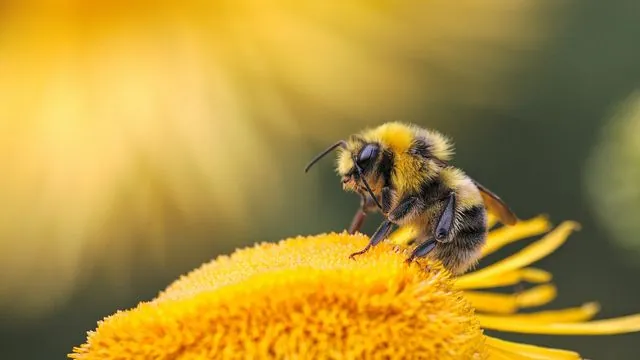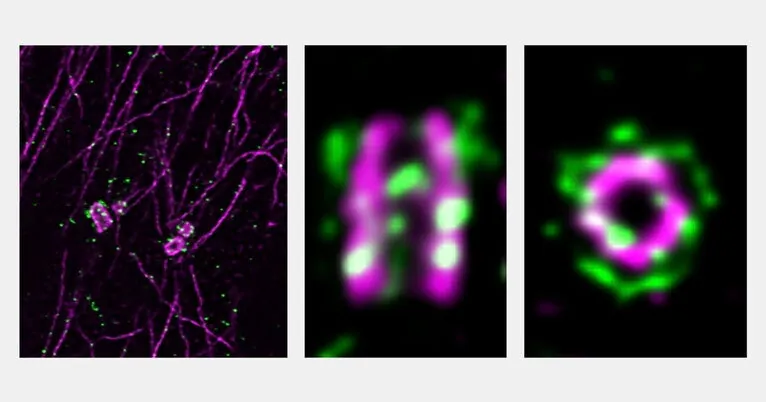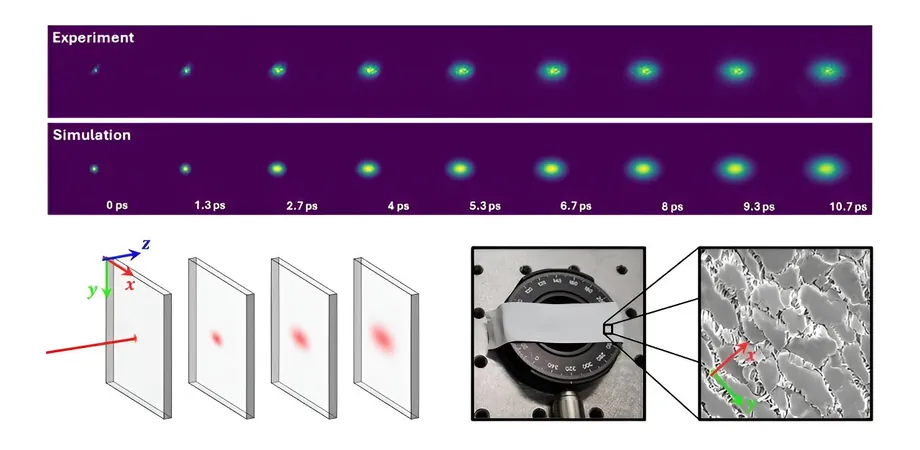
The Hidden Heroes of Our Planet: Why Microorganisms Are Essential for a Sustainable Future
2024-09-19
Introduction
In a groundbreaking article published in *Cell*, an international team of scientists is sending a clarion call to recognize the pivotal role of microorganisms in safeguarding the health of our planet. These tiny, ancient creatures—bacteria, viruses, fungi, and other single-cell organisms—are crucial for the survival of all life on Earth, including humans, animals, and plants.
The Importance of Microorganisms
Recent technological advancements have expanded our understanding of the complex functions these microorganisms perform, demonstrating their potential in enhancing human health and addressing environmental challenges. Yet, despite their significance, microorganisms are glaringly absent from the United Nations Sustainable Development Goals (SDGs), a situation the scientists argue needs urgent rectification to promote sustainable progress.
Prominent Researchers
Among the esteemed co-authors are four prominent faculty researchers from The Ohio State University, each leading critical initiatives: - **Justin North** focuses on microbiology and leads projects aimed at achieving net-zero greenhouse gas emissions by 2050. - **Devin Peterson** is delving into food science to understand how nutrition influences human health. - **Virginia Rich** drives research on the microbiome in the Arctic, examining its implications on global health. - **Matthew Sullivan** heads Ohio State’s Center of Microbiome Science, a platform that unites over 130 interdisciplinary researchers.
United Nations Sustainable Development Goals
The United Nations has set 17 SDGs to tackle issues like poverty, health, education, and climate change globally. However, the absence of microbial contributions from discussions on these initiatives is concerning. The authors highlight that microorganisms play critical roles in oxygen production, nutrient cycling, and ecosystem balance, and yet they remain underrepresented in intergovernmental policy efforts.
Vital Areas for Microbial Science
The review identifies seven vital areas where microbial science and technology can push us closer to achieving these global goals: 1. Enhancing health and tackling diseases 2. Improving food production and nutrition 3. Developing clean energy sources 4. Innovating in product synthesis and recycling 5. Bioremediation of contaminated environments 6. Supporting healthy ecosystems 7. Influencing climate change and biogeochemical cycles
Diverse Functions of Microorganisms
Research shows that diverse microbial groups perform various functions that, if effectively managed, can address major global issues from food security to energy sustainability. Despite their immense potential, a lack of awareness persists among the public and policymakers about the benefits these microorganisms provide.
The Potential of Beneficial Microbes
As the article points out, while many are familiar with harmful bacteria and viruses, an estimated one trillion species of beneficial microbes operate within intricate networks to facilitate essential environmental processes. These processes could lead to innovative applications such as bacteria engineered to target cancer cells and bioremediation strategies that detoxify contaminated soil and water.
Collaborative Opportunities
Sullivan emphasizes, “Microbiomes impact everything.” The interdisciplinary nature of microbiome science presents an opportunity for collaboration across scientific fields to harness microbial power for sustainable practices.
Conclusion
As the global community grapples with pressing environmental issues, recognizing and leveraging the potential of microorganisms may be one of the key strategies for ensuring a healthier planet. The scientific community is eager to uncover the mysteries of microbial life, but this requires a rethinking of funding and academic frameworks to support interdisciplinary research.
In a world crying out for solutions, the call to action is clear: we cannot afford to overlook these hidden heroes of sustainability. The future of our planet may very well depend on harnessing the power of the microbial world.




 Brasil (PT)
Brasil (PT)
 Canada (EN)
Canada (EN)
 Chile (ES)
Chile (ES)
 España (ES)
España (ES)
 France (FR)
France (FR)
 Hong Kong (EN)
Hong Kong (EN)
 Italia (IT)
Italia (IT)
 日本 (JA)
日本 (JA)
 Magyarország (HU)
Magyarország (HU)
 Norge (NO)
Norge (NO)
 Polska (PL)
Polska (PL)
 Schweiz (DE)
Schweiz (DE)
 Singapore (EN)
Singapore (EN)
 Sverige (SV)
Sverige (SV)
 Suomi (FI)
Suomi (FI)
 Türkiye (TR)
Türkiye (TR)